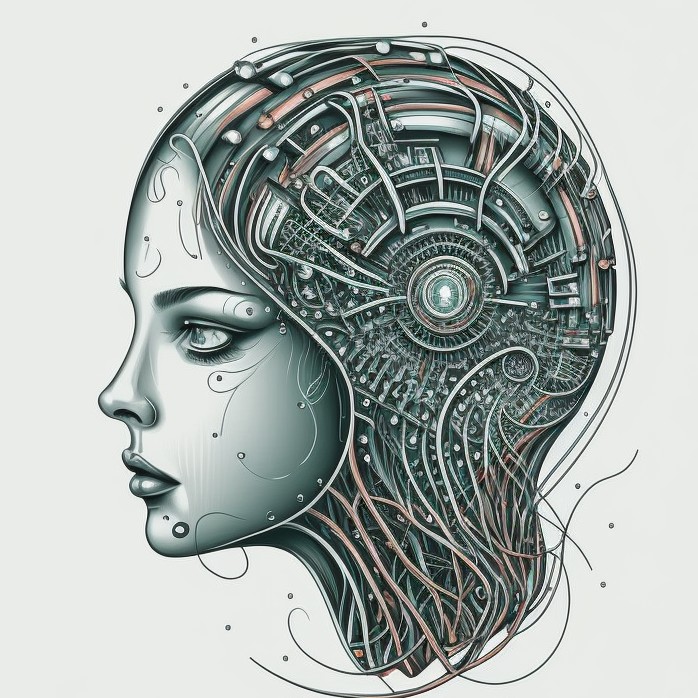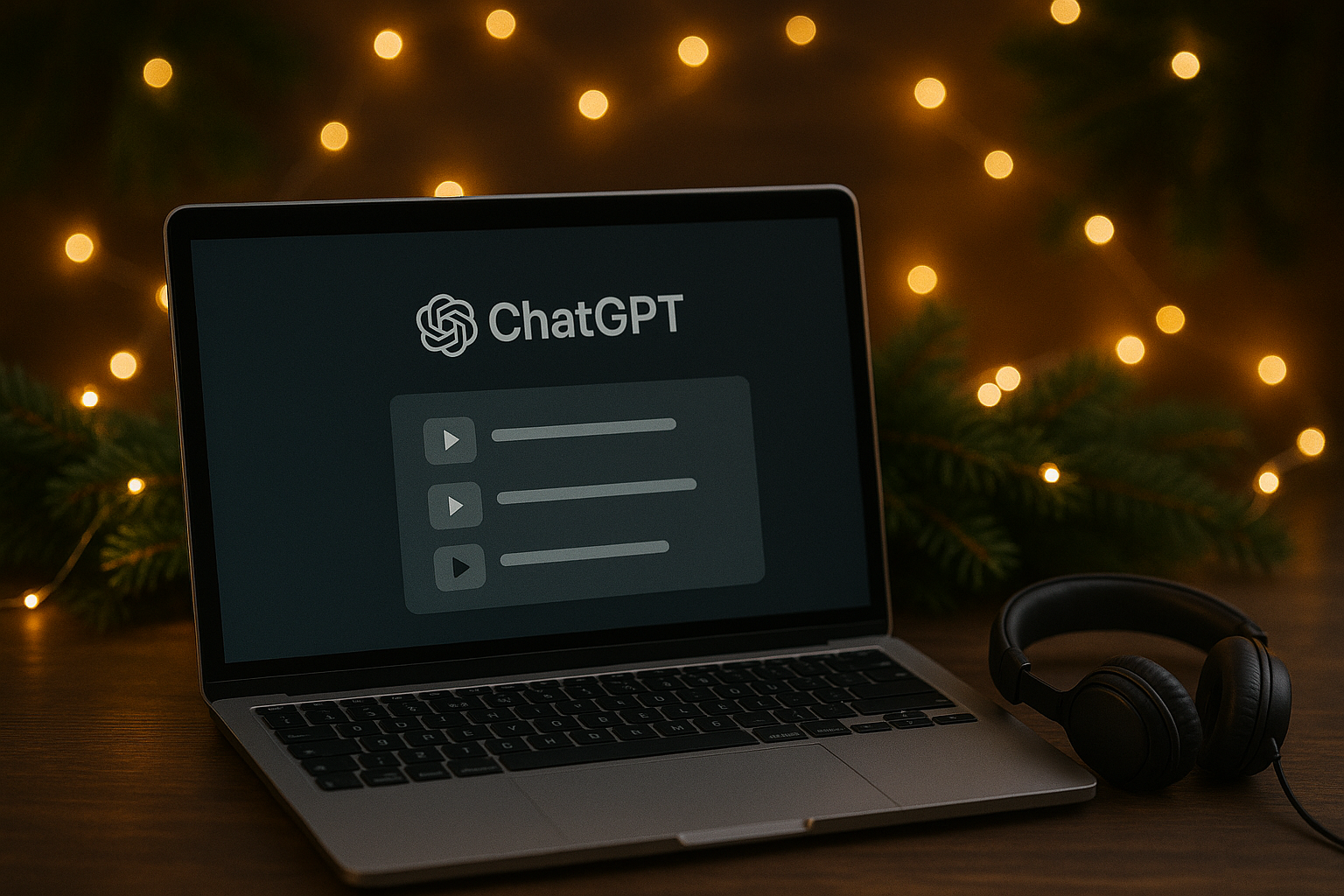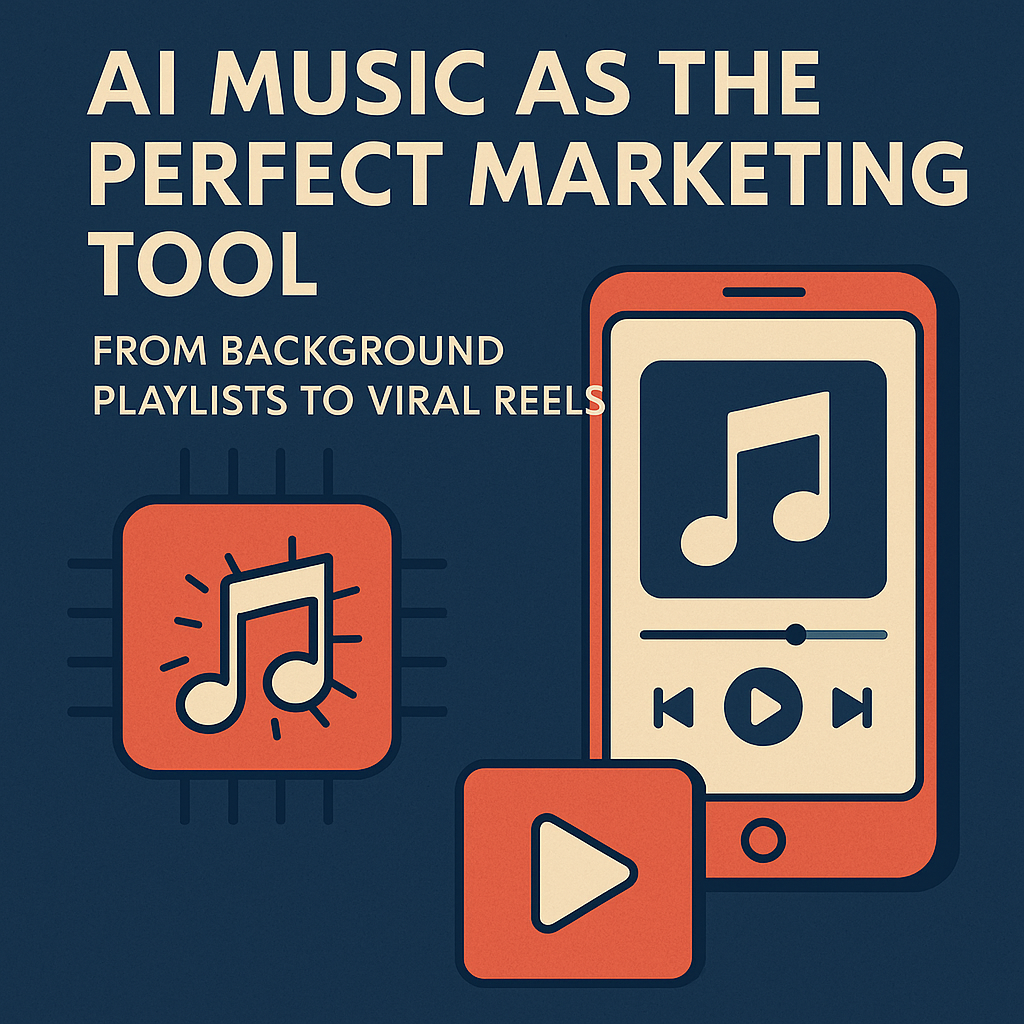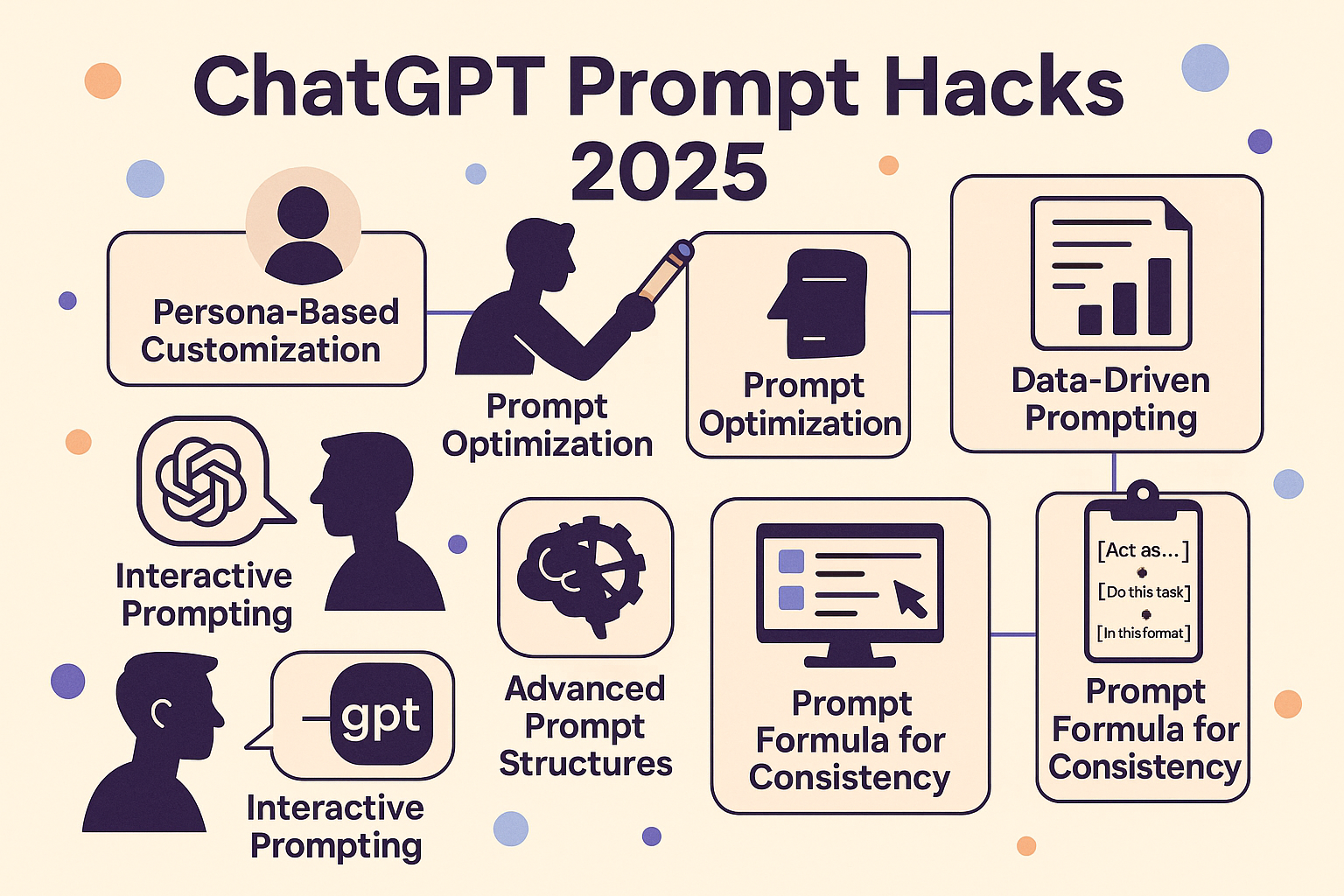Optimizing Your Doctor's Visit with AI: Harnessing the Power of GPT-4
How AI can help you prepare for your next doctor's visit
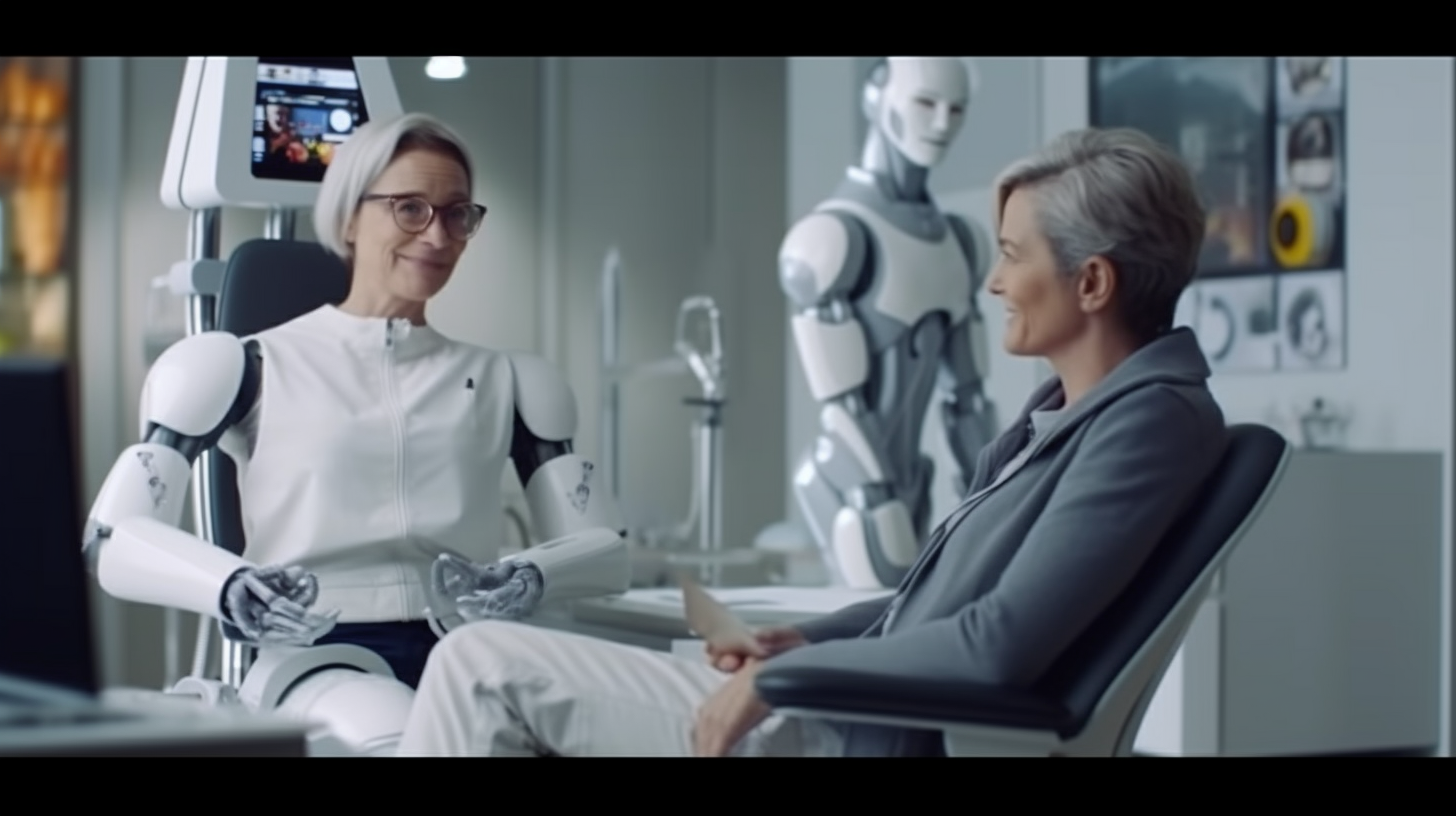
ChatGPT: Your Digital Ally for Health-Related Interactions
In the era of advanced technology, AI's role in our lives is becoming increasingly indispensable. It has infiltrated every sector, including healthcare, where it is used for various applications, such as predictive analysis, patient monitoring, and even assisting in complex surgeries. However, one of its simpler and more personal applications is often overlooked - helping patients prepare for doctor's visits or hospital stays.
OpenAI's ChatGPT, a state-of-the-art language model, is an example of such an application. Its extensive training and comprehensive knowledge base make it an excellent tool for individuals who need help articulating their symptoms, understanding medical jargon, or preparing for an upcoming doctor's visit or hospital stay.
Easing Anxiety through Preparation
One of the biggest concerns most patients have when visiting a doctor or hospital is the fear of the unknown. They might worry about their symptoms, potential diagnoses, or even the barrage of medical terminology they might encounter. ChatGPT can help in this regard by providing explanations and clarifying doubts about medical terms, procedures, or possible conditions.
For instance, if you're about to undergo an MRI scan and you're feeling anxious, you can ask ChatGPT to explain the process. It can provide a step-by-step guide on what to expect, helping to ease your concerns.
Prompting Thoughtful Questions
ChatGPT can also assist in formulating important questions to ask your healthcare provider. Often, patients feel overwhelmed during consultations, forgetting to ask crucial questions that could influence their health outcomes. With ChatGPT, you can prepare in advance, ensuring you cover all your concerns during your visit.
Keeping Track of Your Symptoms
Keeping a record of your symptoms and their progression is crucial for an accurate diagnosis. ChatGPT can help you articulate your symptoms more clearly by asking you specific, guided questions. This can help your healthcare provider make a more accurate diagnosis and provide appropriate treatment.
How to Use ChatGPT for Health-Related Queries
Using ChatGPT for health-related interactions is simple. You can interact with it much like you would with a human via text. Here's an example of a prompt you can use:
"ChatGPT, I am visiting a neurologist next week because I've been experiencing frequent headaches, dizziness, and occasional blurred vision. What questions should I prepare to ask my doctor?"
Remember, while ChatGPT is a powerful tool, it doesn't replace professional medical advice. Always consult with your healthcare provider for diagnosis and treatment.
With ChatGPT, you have a resource to help you navigate your healthcare journey. Its role in healthcare is a testament to AI's potential to enhance our lives in the most personal and essential ways. Prepare for your next doctor's visit or hospital stay with ChatGPT and empower yourself with knowledge and confidence.
